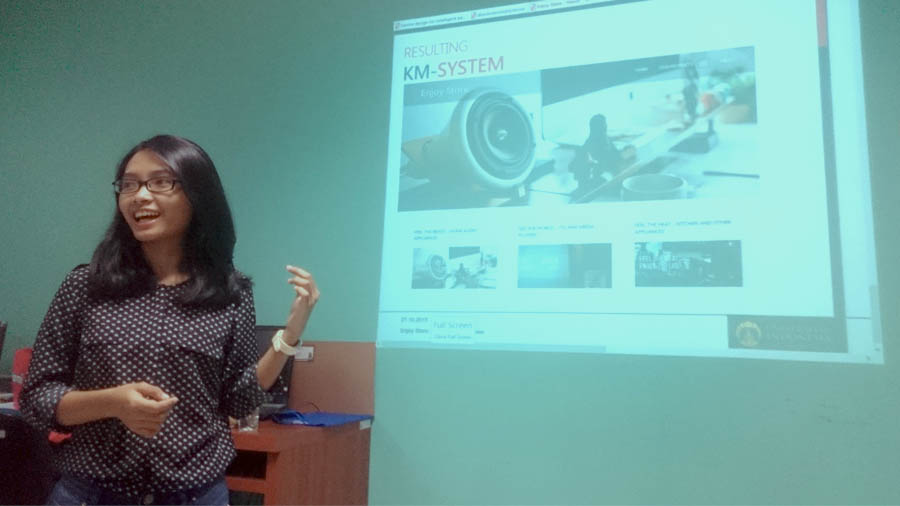Course participants are able to comprehend the concept of knowledge starting from creation, use, transfer, retention and disposal of knowledge
to broaden the understanding about the importance of KM for achieving organizations objective.
Syllabus: Introduction to KM, Definition and Concept of KM, SECI Model, Information Management Body of Knowledge (IMBOK), Capitalization of Knowledge, Learning Organization, Implementation of KM in Organization , KM and Innovation, Knowledge Transfer and Open Innovation, Best Practices of KM Implementation.
Pre-requisite(s): N/A
Textbook(s):
- Nonaka I., Takeuchi H. The Knowledge Cre ating Company: How Japanese Companies Create The Dynamics of Innovation, 1995.
- Ackermann, M.S. etal. Sharing Expertise: Beyond Knowledge Management, MIT Press, 2003
- Amrit Tiwana, The Knowledge Management Toolkit: Practical Techniques for Building A Knowledge Management System, PrenticeHall, New Jersey, 2000. Madanmohan
- Rao, Knowledge Management Tools and Techniques: Practitioners and Experts Evaluate KM Solutions, Elsevier Inc. Oxford – UK. 2005.
- Murray Jennex, Case Studies in Knowledge Management, Idea Group Publishing, 2005.




